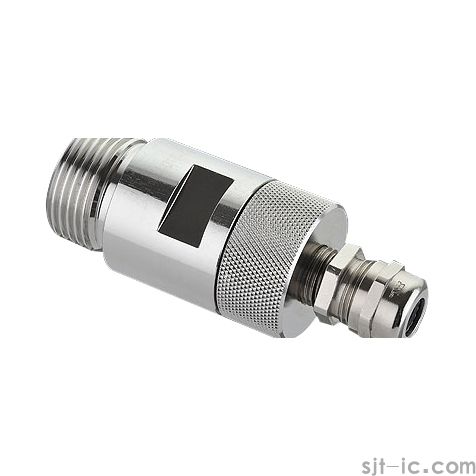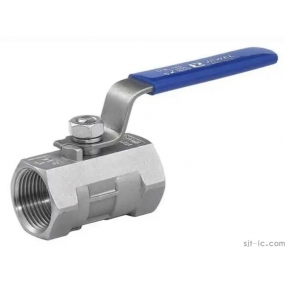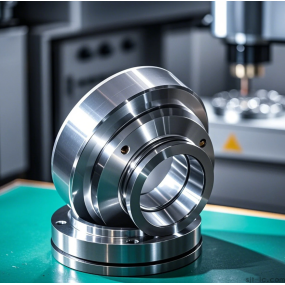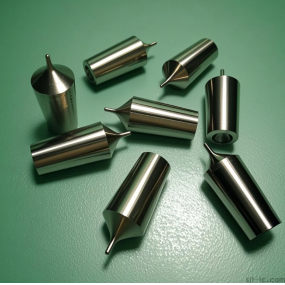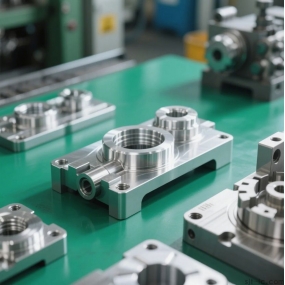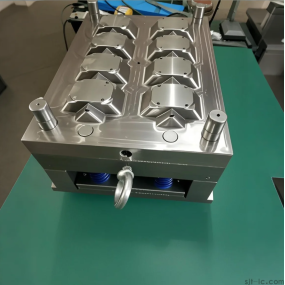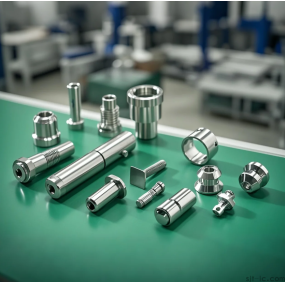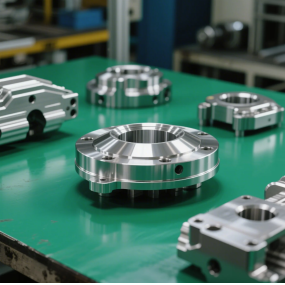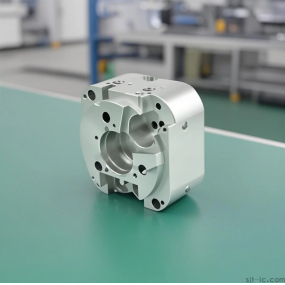As a leading CNC Machining service provider, EMAR specializes in manufacturing high-precision kitchenware components for commercial and residential applications. This article will explain the complete technical process of producing kitchenware parts through CNC machining.
Material Selection for Kitchenware Components
The process begins with selecting food-grade materials that meet hygiene and durability requirements. We typically use 304/316 stainless steel, food-safe aluminum alloys, or engineering plastics like PEEK. Our material certification process ensures traceability and compliance with international food safety standards.
CNC Machining Techniques
Our 5-axis CNC machines achieve ±.01mm precision for complex kitchenware parts like burner caps, knife fittings, and mixer components. Advanced toolpath programming optimizes surface finishes while maintaining tight tolerances. We employ special coolant systems to prevent material contamination during machining.
Surface Treatment Options
Post-machining treatments include:
Electropolishing for stainless steel parts
Anodizing for aluminum components
Food-grade powder coating
These processes enhance corrosion resistance and meet NSF/ISO food contact requirements.
Quality Assurance Protocol
Every batch undergoes:
3D scanning for dimensional verification
Material composition testing
Surface roughness measurement
Functional testing under simulated conditions
Our ISO 9001-certified quality system ensures consistent performance.
EMAR's CNC machining capabilities deliver kitchenware parts with exceptional precision, durability, and food safety compliance. Contact our engineering team at www.sjt-ic.com for custom solutions tailored to your specific requirements.
 English
English » »
» »
 Spanish
Spanish Arabic
Arabic French
French Portuguese
Portuguese Belarusian
Belarusian Japanese
Japanese Russian
Russian Malay
Malay Icelandic
Icelandic Bulgarian
Bulgarian Azerbaijani
Azerbaijani Estonian
Estonian Irish
Irish Polish
Polish Persian
Persian Boolean
Boolean Danish
Danish German
German Filipino
Filipino Finnish
Finnish Korean
Korean Dutch
Dutch Galician
Galician Catalan
Catalan Czech
Czech Croatian
Croatian Latin
Latin Latvian
Latvian Romanian
Romanian Maltese
Maltese Macedonian
Macedonian Norwegian
Norwegian Swedish
Swedish Serbian
Serbian Slovak
Slovak Slovenian
Slovenian Swahili
Swahili Thai
Thai Turkish
Turkish Welsh
Welsh Urdu
Urdu Ukrainian
Ukrainian Greek
Greek Hungarian
Hungarian Italian
Italian Yiddish
Yiddish Indonesian
Indonesian Vietnamese
Vietnamese Haitian Creole
Haitian Creole Spanish Basque
Spanish Basque

